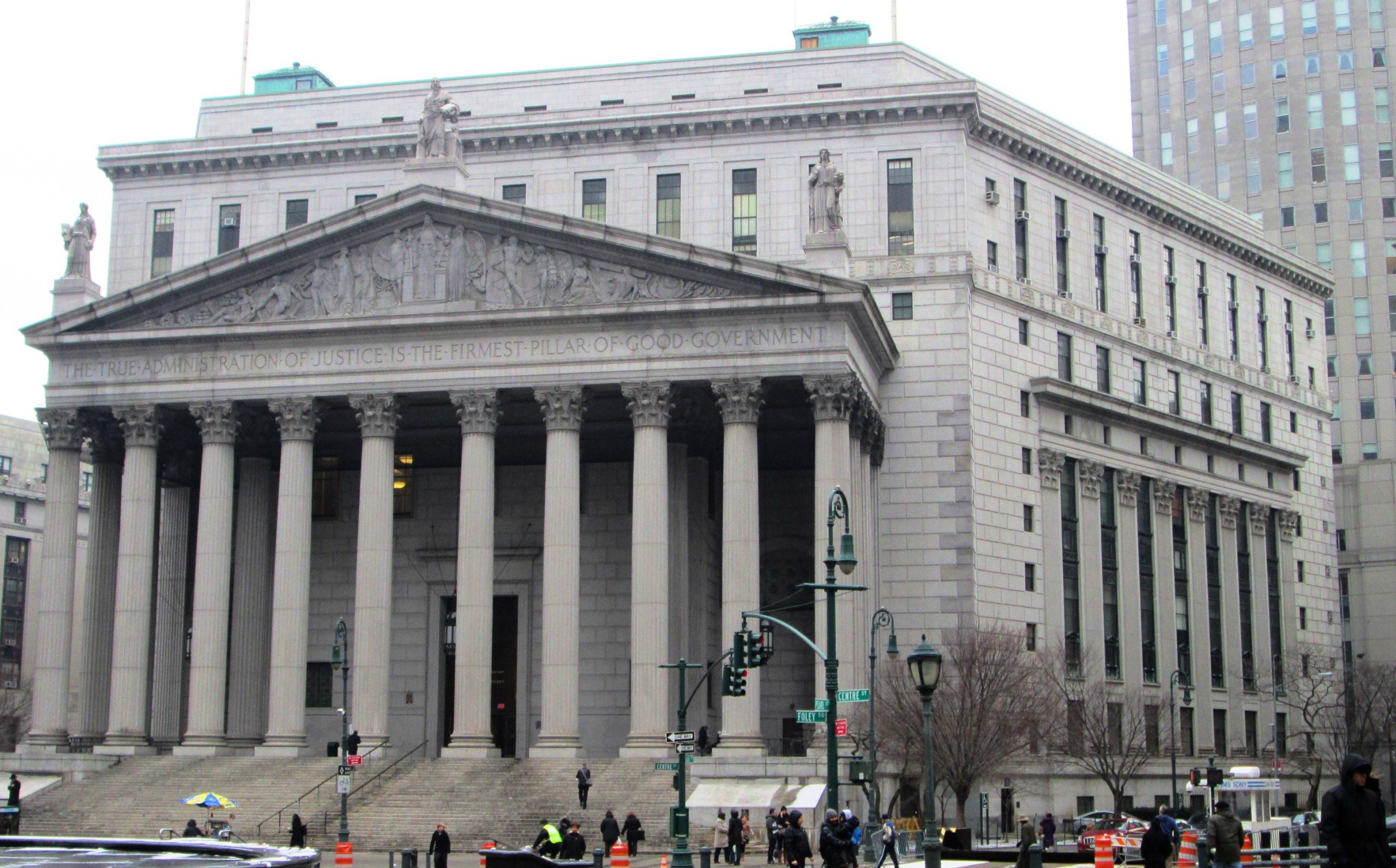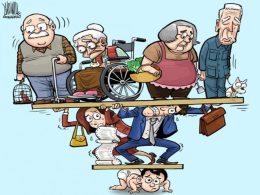In a shocking revelation that has sent shockwaves through the legal and judicial community, it has come to light that several High Court judges have been implicated in tax avoidance schemes. The revelation raises serious questions about the integrity and impartiality of the judiciary, prompting concerns over the potential conflicts of interest that may arise from such involvement.
While the identities of the judges involved have not been officially disclosed, anonymous sources within the legal profession have provided credible information to support these claims. The sources allege that a significant number of judges, including some who have presided over high-profile tax-related cases, have investments or financial interests in offshore tax havens and other tax avoidance vehicles.
The potential implications of these revelations are deeply concerning. Judges are expected to uphold the rule of law and administer justice impartially, free from any external influences or biases. However, if these claims hold true, it raises questions about the fairness and objectivity of judgments rendered in tax cases, potentially undermining public trust in the legal system.
Tax avoidance schemes have long been a contentious issue globally, with governments and regulatory bodies striving to crack down on individuals and corporations who exploit legal loopholes to minimize their tax obligations. The involvement of High Court judges in such schemes adds another layer of complexity to the issue, as they are the guardians of justice in the legal system.
To ensure the veracity of these claims and maintain journalistic integrity, rigorous investigation and fact-checking procedures must be undertaken. As an investigative journalist, I will employ various techniques to gather evidence, such as reviewing publicly available financial records, analyzing court judgments and rulings, interviewing legal experts, and reaching out to relevant authorities for comments.
It is essential to respect the principles of journalistic ethics during this investigation. While the allegations are serious, it is crucial to provide the accused judges with an opportunity to respond and present their side of the story. Journalistic fairness demands that all parties involved be given an equal chance to address the claims before drawing definitive conclusions.
The potential consequences of this revelation extend beyond individual judges implicated. The judiciary as an institution may face scrutiny and calls for reform to prevent such conflicts of interest from arising in the future. It highlights the need for comprehensive disclosure policies for judges and a rigorous vetting process to ensure their financial affairs are transparent and devoid of any potential bias.
In the coming days, I will continue my investigation into this matter, delving deeper into the allegations and reaching out to legal experts, members of the judiciary, and relevant authorities for further insight. The public has a right to know the truth about the conduct of those entrusted with upholding justice, and it is my duty as a journalist to shed light on these crucial matters.
Opinion Piece (byline: [Your Name], Opinion Columnist):
Title: Judicial Integrity Under Threat: Addressing the Scandal of High Court Judges Involved in Tax Avoidance
In a democracy, the judiciary serves as a beacon of impartiality, ensuring the fair administration of justice. However, recent revelations that several High Court judges have allegedly engaged in tax avoidance schemes have shaken the foundation of our legal system.
The judicial system rests on the pillars of integrity, independence, and trust. Judges, as guardians of justice, bear a tremendous responsibility to uphold these principles. Yet, the alleged involvement of judges in tax avoidance raises serious concerns about their commitment to these ideals.
The impartiality and objectivity of judges are vital to maintain public trust and confidence in the judiciary. When judges have financial interests or investments in tax havens, their ability to render unbiased judgments in tax-related cases becomes questionable. The perception of justice being influenced by personal gain erodes the very essence of a fair










